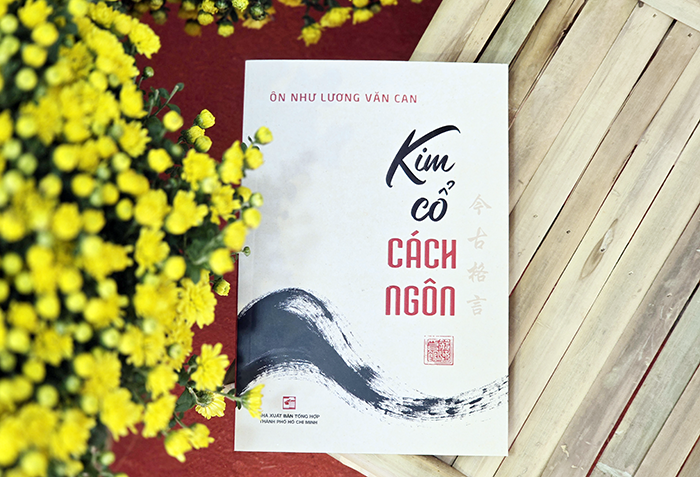
On Nhu Luong Van Can was a patriotic scholar who participated in the founding of Dong Kinh Nghia Thuc, devoting his whole life to awakening people's knowledge and promoting the spirit of national self-reliance. Although he came from a scholarly background, he was a pioneer in social reform, with groundbreaking ideas on education and culture in the early years of the 20th century. His valuable compilations during his lifetime are still circulated today as "Thuong hoc chuong cham", "Kim co cach ngon"... Luong Van Can's works have moral educational significance, contributing to the preservation of the quintessence of ancient learning, lessons on human morality and the way to get rich, useful for businessmen and for the economic revival of the country at that time.
In the introduction to the book "Kim Co Cach Ngon", Mr. On Nhu Luong Van Can expressed: "There are three immortal things that the ancients left behind: one is to establish virtue, two is to establish merit, three is to establish words. If one has virtue to represent a person, people will worship him immensely, if one has merit to save people. Words are the voice of the stomach, if one has thoughts, then one will speak, if one speaks with a reasonable meaning, everyone will consider it right, and from that word one will establish virtue, and achieve great merit, then the words will be passed down forever, even through eternity, they will not change."
To compile this book, Mr. Luong Van Can thought: “Immortal sayings are called aphorisms. There have been many aphorisms of sages in the past, with profound and noble meanings… Now is the time when national literature is flourishing, and they must be translated into national literature so that our people can popularize them. So now I have extracted aphorisms of sages from Europe, Asia, and America, translated them into national literature, first in Chinese characters, then in Vietnamese, and then in Chinese characters, and then translated the main idea so that everyone can understand. This is called a book of ancient and modern aphorisms.”
Reading "Kim co cach ngon", one can feel the passion of Mr. Luong Van Can when gathering the teachings of the sages on upright personality, building a frugal lifestyle, encouraging lifelong learning, cultivating knowledge, personal virtues as well as professional ethics. Although the language used in the book is a hundred years old, although somewhat unfamiliar compared to modern writing style, the meaning and erudition of the aphorisms still retain their value. One can tell the saying of Mr. Luong Van Can about human honor: "Lap danh di nhat sinh. Nhi that chi can khiem khac" (Building honor takes a lifetime of effort, but losing it only takes a moment, success is difficult but failure is so easy).
Exactly a century since its first printing in 1925, the words in "Kim co cach ngon" by Mr. Luong Van Can still carry useful messages to pass on to future generations, serving as a compass for the younger generation, helping them to firmly step on the journey of finding lasting human values. Each sentence in the book is short, but its meaning is long-lasting, such as advising people to be frugal and thoughtful, telling people not to be arrogant and extravagant, or showing the path to success...
| Mr. Luong Van Can was originally Luong Ngoc Can, with the name On Nhu, nickname Son Lao, born in 1854, in Ha village, Nhi Khe commune, Thuong Phuc district, Thuong Tin prefecture, Hanoi province (now Hanoi capital). In 1874, he passed the Chinese bachelor's degree, after several more attempts but failed, he stayed home to teach, not to become an official. In 1907, he and like-minded scholars opened Dong Kinh Nghia Thuc school and was the school principal. After a while, the school was closed. In 1913, he was sentenced to exile in Nam Vang by the colonial government for participating in anti-government agitation. In 1921, he returned home to Hanoi, opened a school to teach and write books. He died in 1927. |
Source: https://baocantho.com.vn/tram-nam-kim-co-cach-ngon--a193758.html






![[Photo] Deep sea sand deposits, ancient wooden ship An Bang faces the risk of being buried again](https://vphoto.vietnam.vn/thumb/1200x675/vietnam/resource/IMAGE/2025/11/13/1763033175715_ndo_br_thuyen-1-jpg.webp)

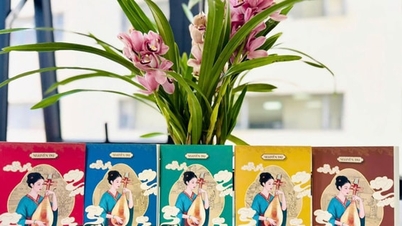





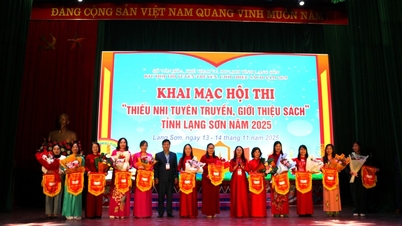














![[Photo] General Secretary To Lam visits Long Thanh International Airport Project](https://vphoto.vietnam.vn/thumb/1200x675/vietnam/resource/IMAGE/2025/11/13/1763008564398_vna-potal-tong-bi-thu-to-lam-tham-du-an-cang-hang-khong-quoc-te-long-thanh-8404600-1261-jpg.webp)







































![[Photo] Panorama of the 2nd Vietnam-Cambodia Border Defense Friendship Exchange](https://vphoto.vietnam.vn/thumb/402x226/vietnam/resource/IMAGE/2025/11/13/1763033233033_image.jpeg)
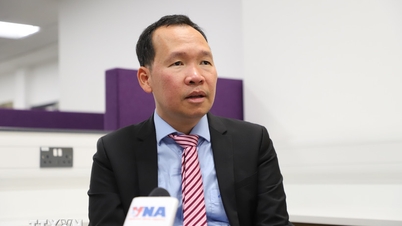


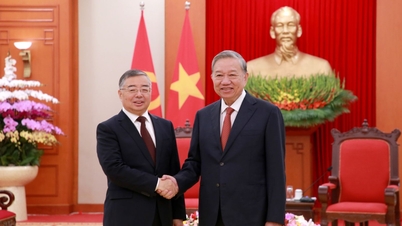





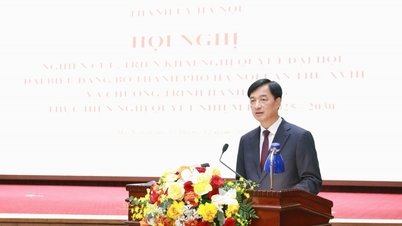





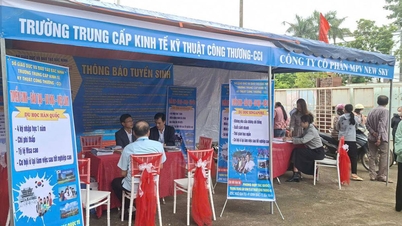

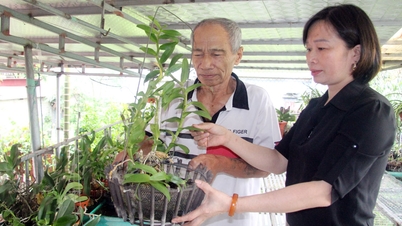






![Dong Nai OCOP transition: [Article 3] Linking tourism with OCOP product consumption](https://vphoto.vietnam.vn/thumb/402x226/vietnam/resource/IMAGE/2025/11/10/1762739199309_1324-2740-7_n-162543_981.jpeg)



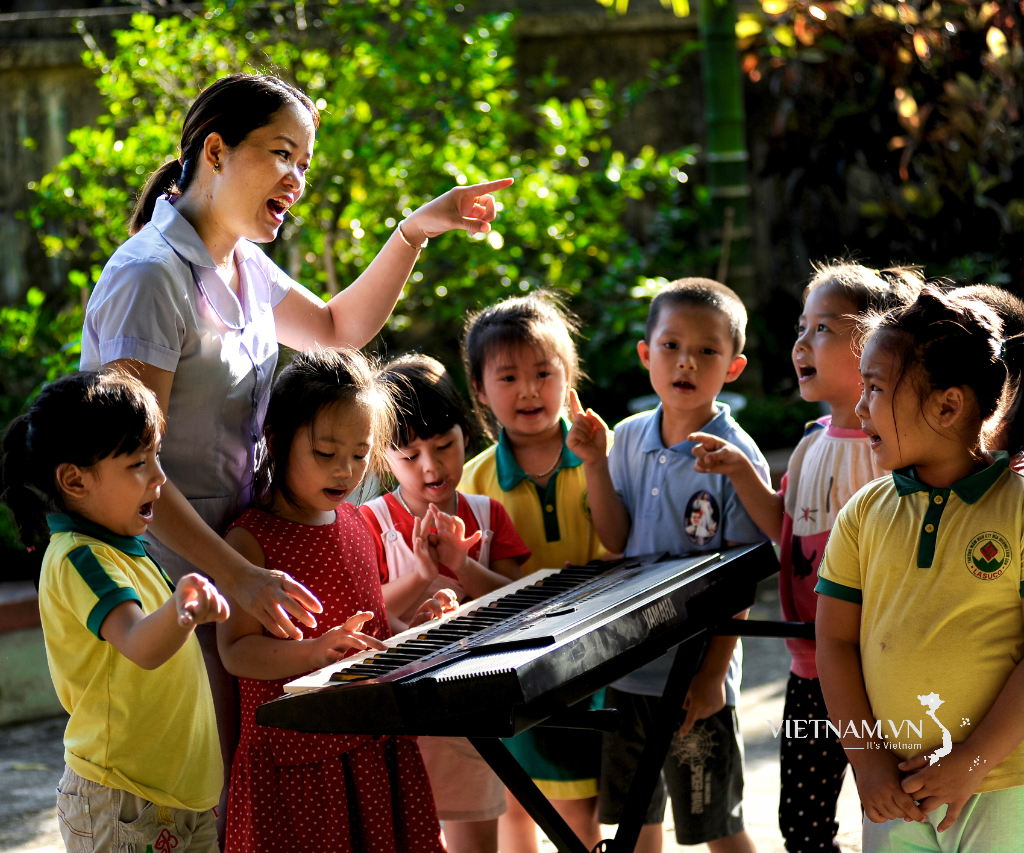



Comment (0)